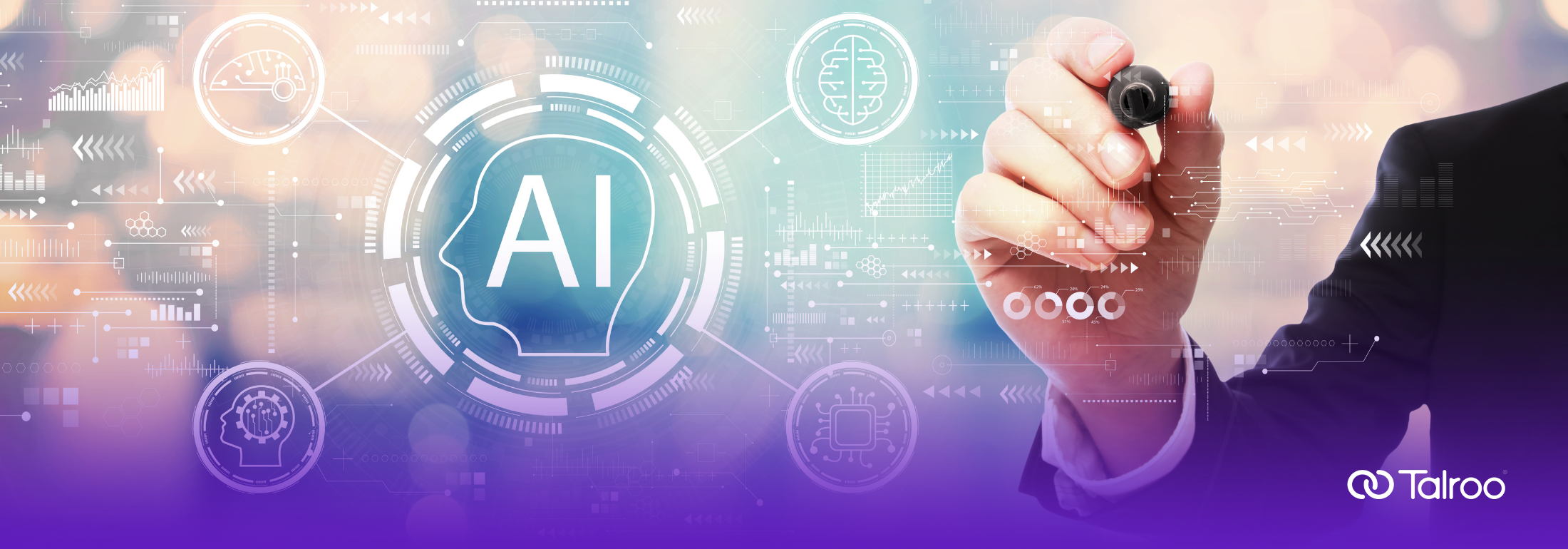
Artificial intelligence (AI) in technology and applicant tracking systems (ATS) have become indispensable tools for companies worldwide. According to Aptitude Research, 55% of hiring managers have invested in AI recruitment. And most Fortune 500 companies are using AI technology to filter resumes before they get to hiring teams and recruiters. Automation, driven by AI, allows hiring and recruiting teams to spend time on tasks that cannot be automated.
However, with the rapid acceleration of the use of AI in hiring and recruiting in the past decade, it’s essential to understand common pitfalls in practice that might open your company up to discrimination lawsuits. When it comes to AI, it’s necessary to have oversight on the tools that allow us to speed up the time to hire. Machine learning algorithms can only learn from the data they’re trained on, so if that data contains biases, the AI system will replicate them.
AI-based hiring processes also raise privacy and protection concerns. By law, employers cannot inquire about physical disabilities, mental health, age, gender, and marital status, and this information cannot inform hiring decisions. However, automated systems can access each applicant’s private information without consent. There are also concerns about AI-led bias. In 2018, Amazon found their AI software downgrading applications from women, excluding candidates from all-female colleges.
What is Ethical AI in Hiring and Recruiting?
Ethical AI in hiring refers to the responsible and fair use of artificial intelligence (AI) technologies and algorithms throughout the hiring process. It involves ensuring that AI systems used for candidate evaluation, screening, and decision-making adhere to ethical principles and respect the rights and dignity of job applicants. Ethical AI in hiring aims to eliminate biases, promote transparency, uphold privacy and data protection, and ensure equal opportunities for all candidates.
Fundamental principles of ethical AI in hiring include:
Bias mitigation
Ethical AI in hiring strives to mitigate biases that AI algorithms can inadvertently introduce. It involves identifying and addressing biases related to gender, race, age, disability, or other protected characteristics to ensure fair and equitable treatment of all applicants.
Transparency
Ethical AI in hiring promotes transparency in how AI systems are designed, implemented, and used. Organizations should provide clear information to candidates about the AI tools and algorithms employed during the hiring process. Transparency allows candidates to understand how their data is used, and decisions are made, fostering trust and accountability.
Informed consent
Candidates should be provided with clear and understandable explanations of how AI technologies are used in hiring. Ethical AI in hiring ensures that candidates are informed about the data collected, how it is analyzed, and the impact of AI-based decisions on their candidacy. Informed consent allows candidates to make informed decisions about participating in the hiring process.
Privacy and data protection
Ethical AI in hiring emphasizes the protection of candidate data and privacy. Organizations should follow relevant data protection regulations, implement robust security measures, and obtain appropriate data collection and usage consent. Candidates’ personal information should be securely stored and only used for legitimate hiring purposes.
Regular monitoring and evaluation
Ethical AI in hiring requires organizations to monitor and evaluate AI systems’ performance and impact. Ongoing assessment helps identify and address any biases or unintended consequences that may arise from using AI in hiring. Continuous monitoring ensures that AI systems operate fairly, reliably, and unbiasedly.
Human oversight
Ethical AI in hiring recognizes the importance of human leadership in the decision-making process. While AI can enhance efficiency and accuracy, human judgment is crucial to interpret results, validate findings, and ensure that decisions align with organizational values and legal requirements. Human intervention helps safeguard against potential errors or biases introduced by AI algorithms.
Accountability and remediation
Organizations adopting ethical AI in hiring take responsibility for the outcomes of AI-based decisions. They establish mechanisms for addressing concerns, providing candidates with avenues for raising complaints, and rectifying unfair or discriminatory practices. Accountability ensures that organizations are responsive to the impact of AI technologies and take appropriate remedial actions when necessary.
By adhering to these principles, organizations can promote ethical AI in hiring, fostering fair and unbiased practices that enhance diversity, inclusion, and equal opportunities throughout the hiring process.




